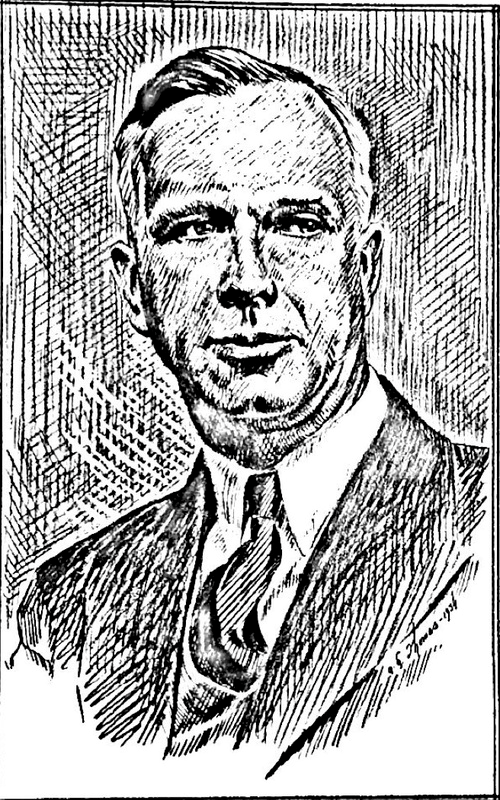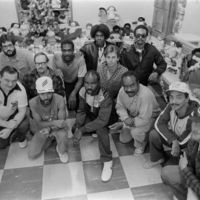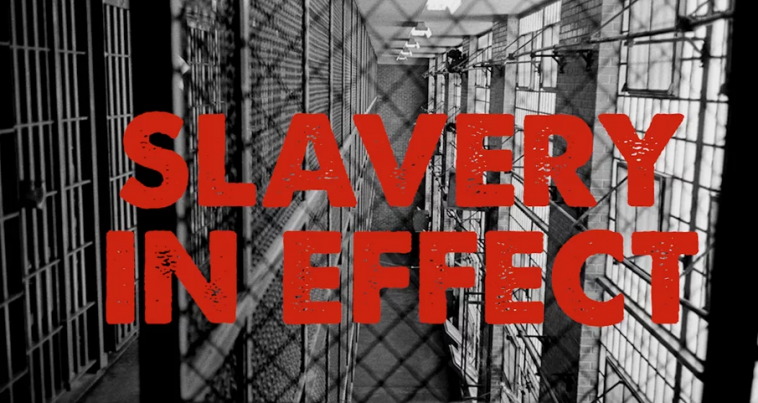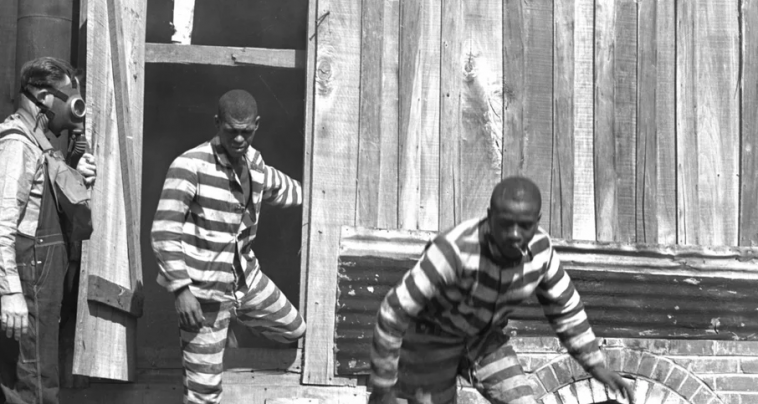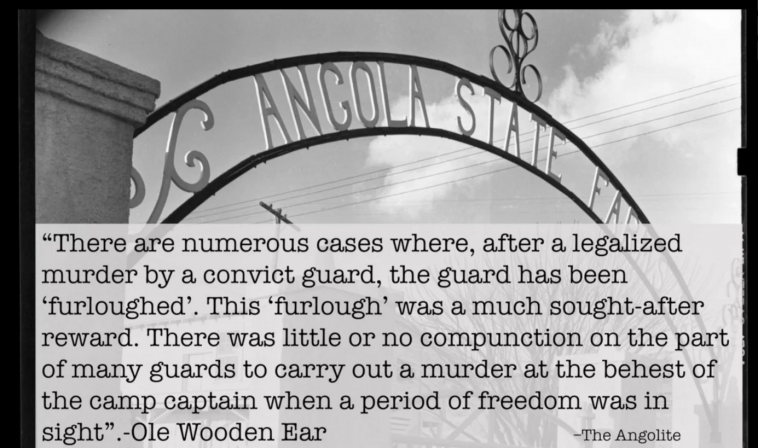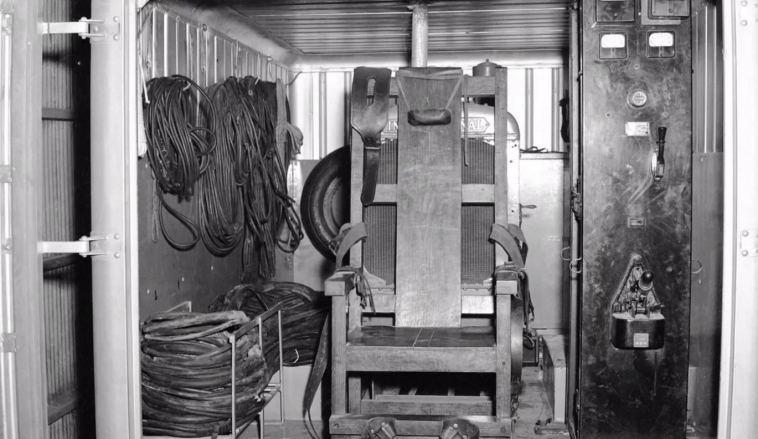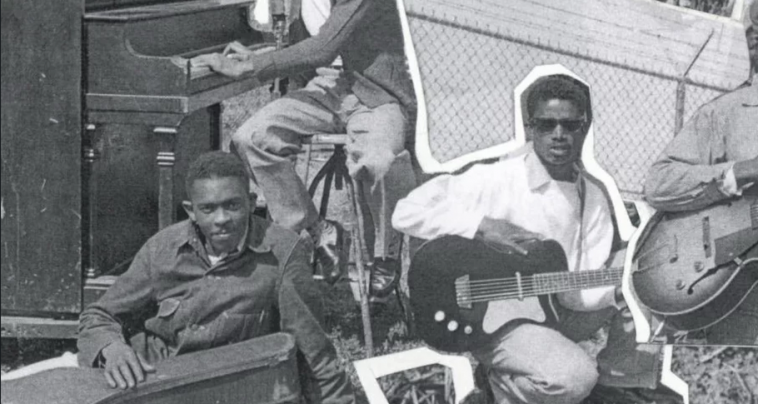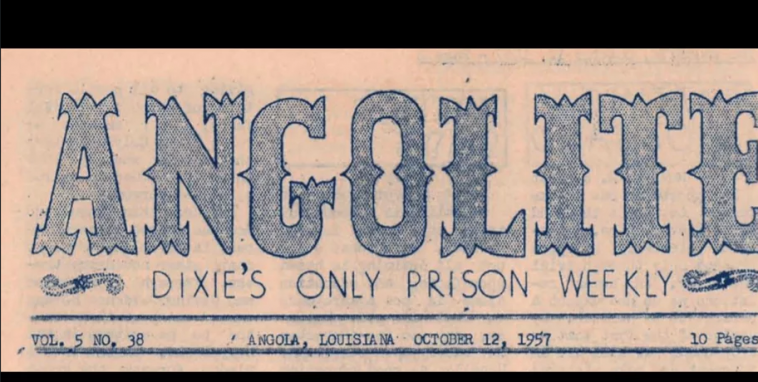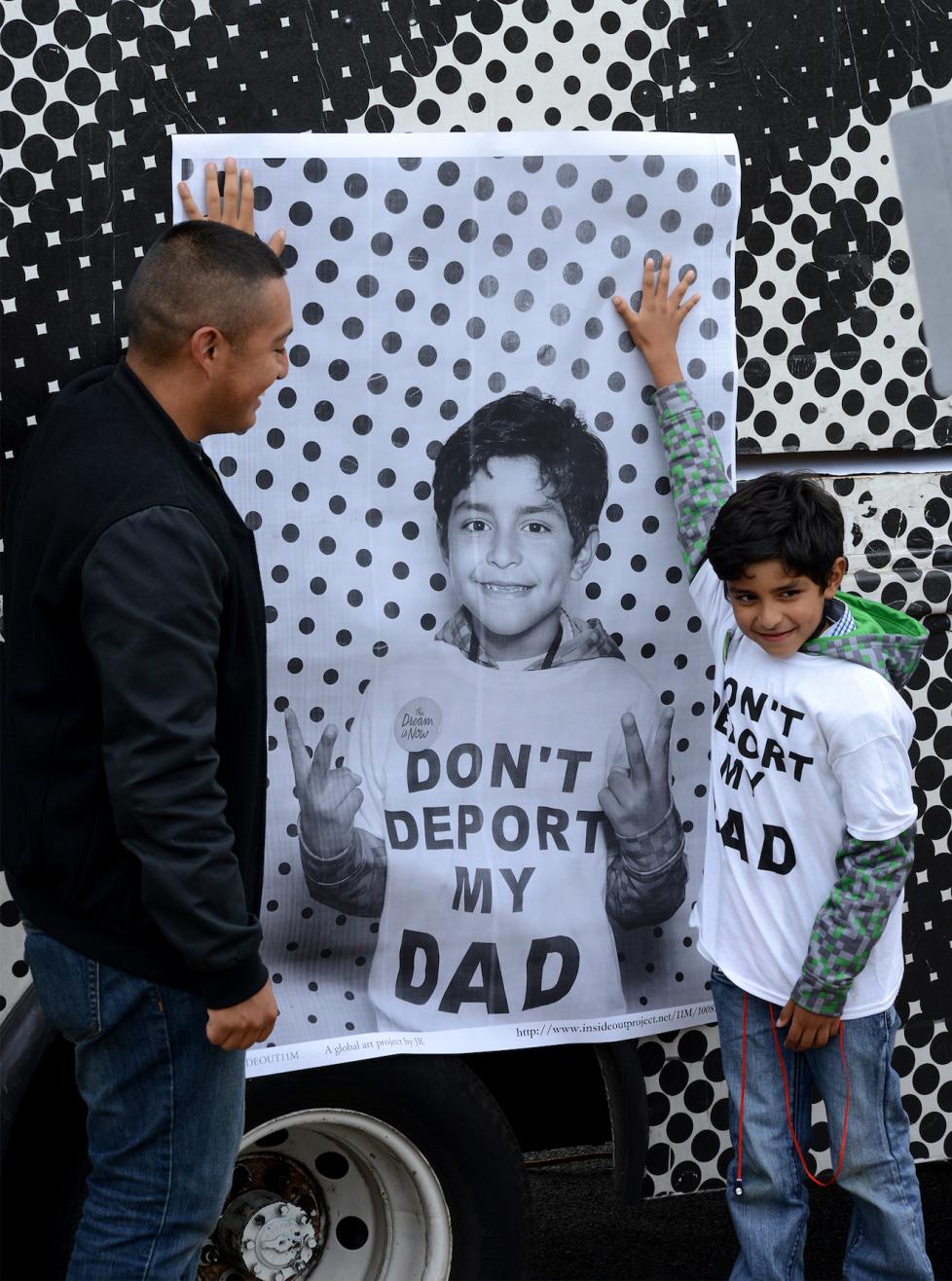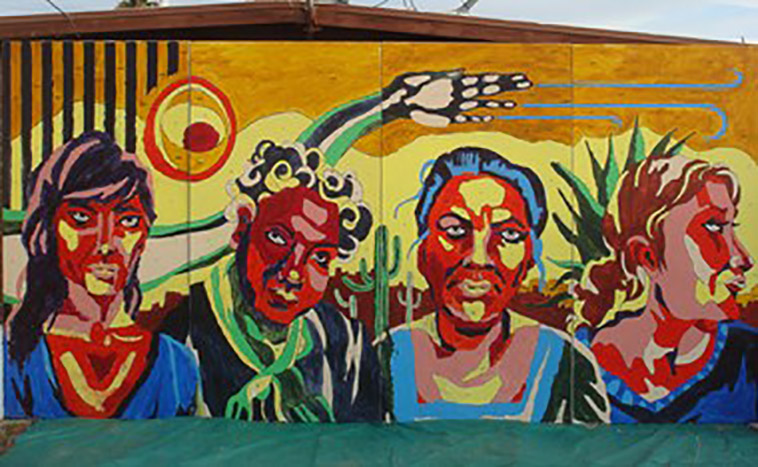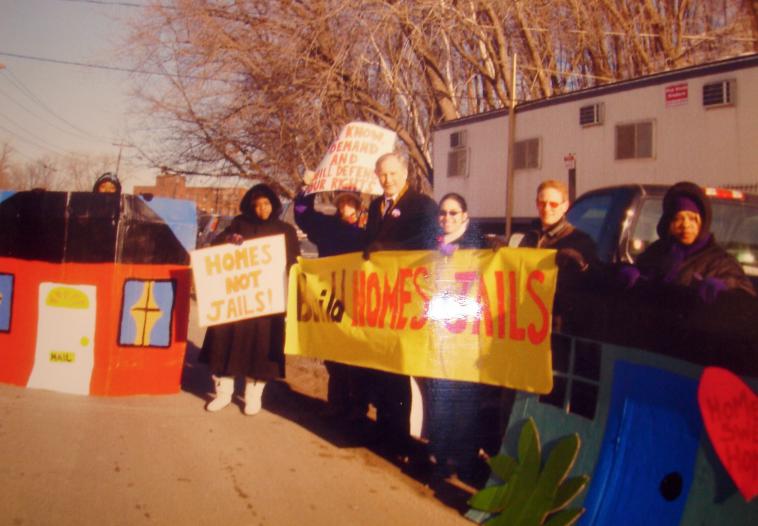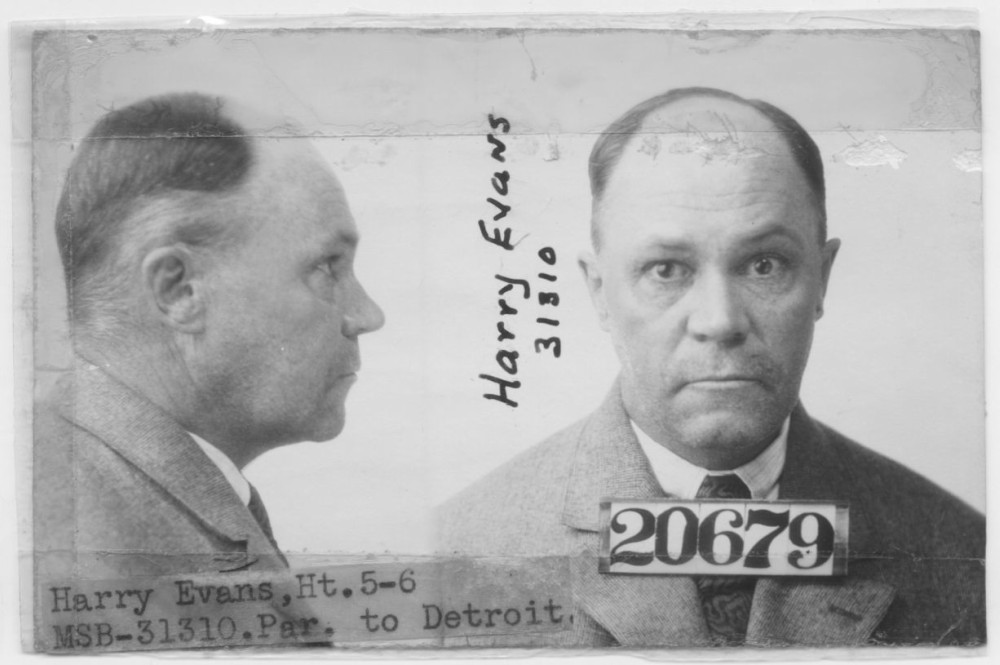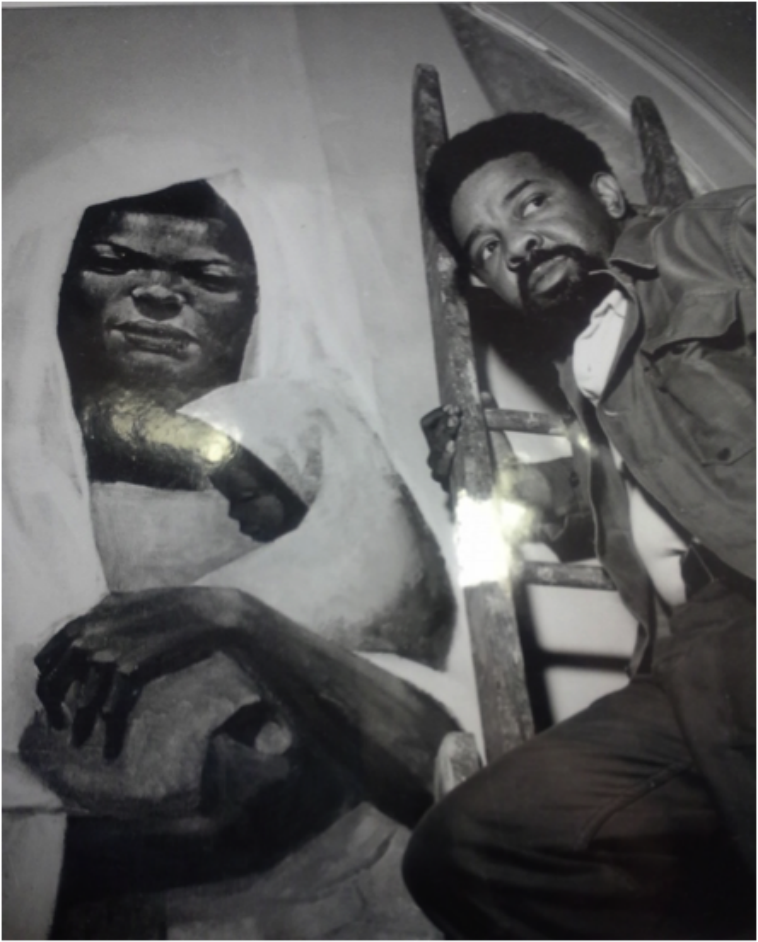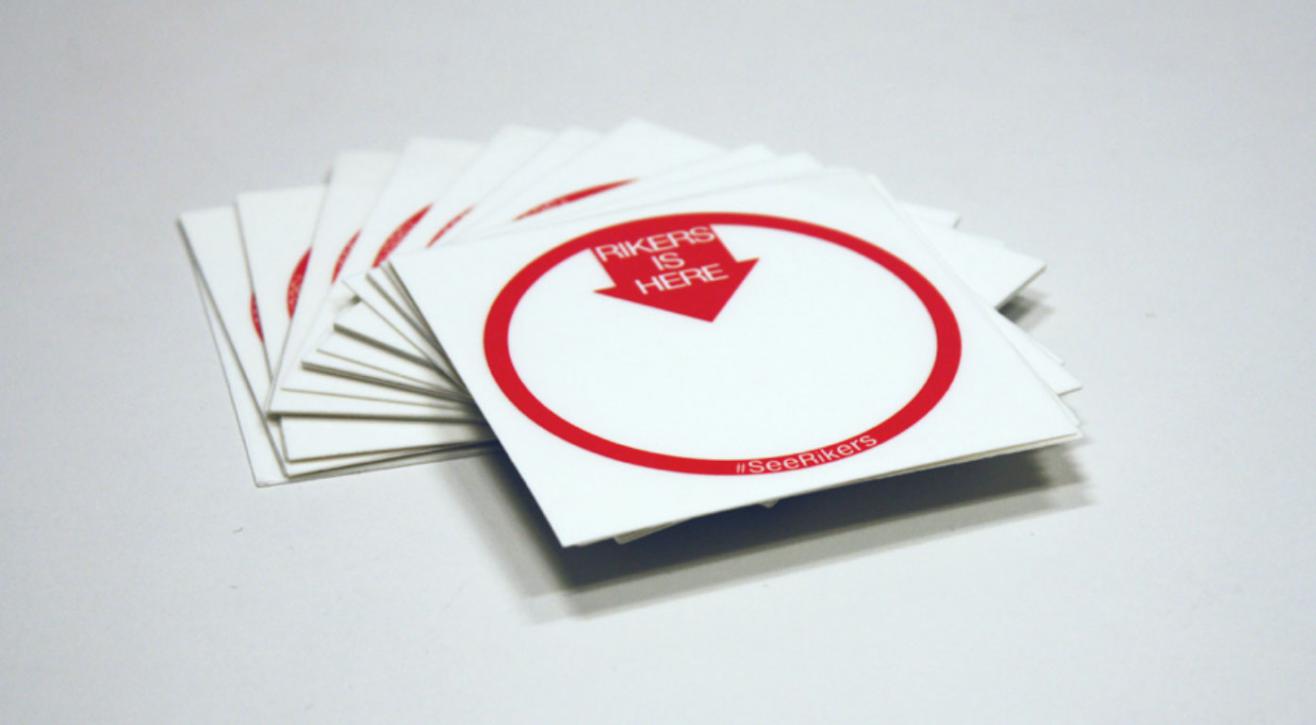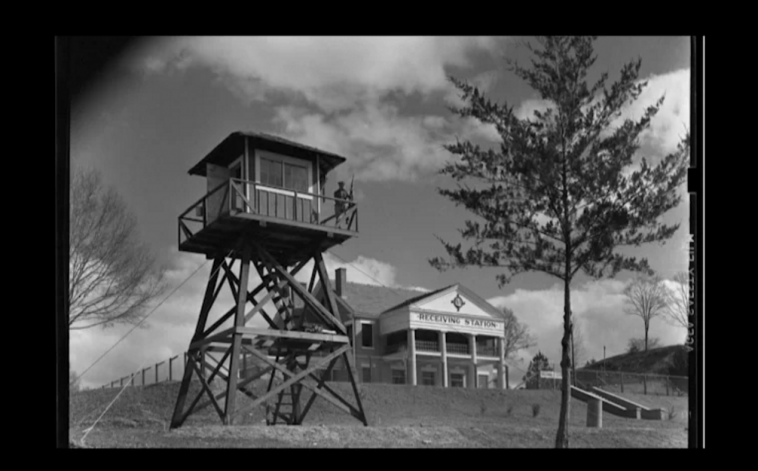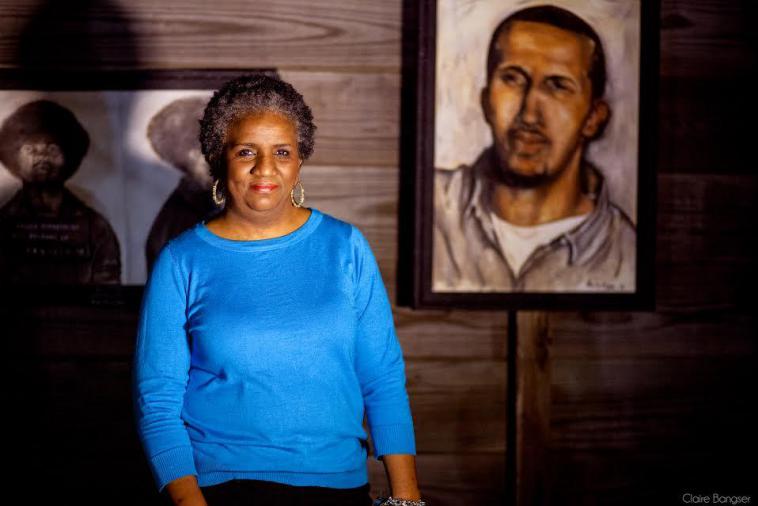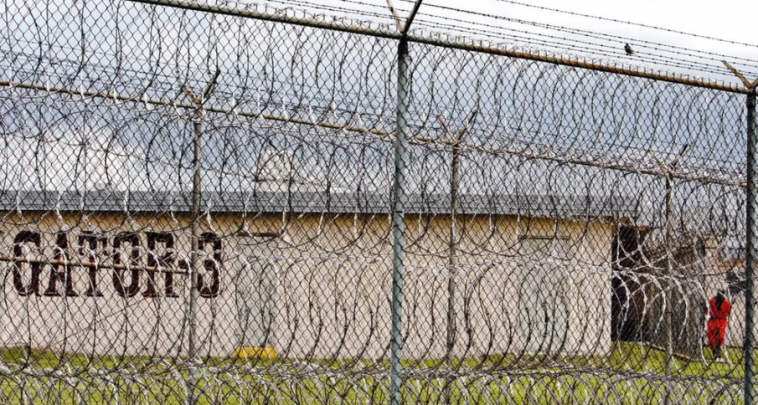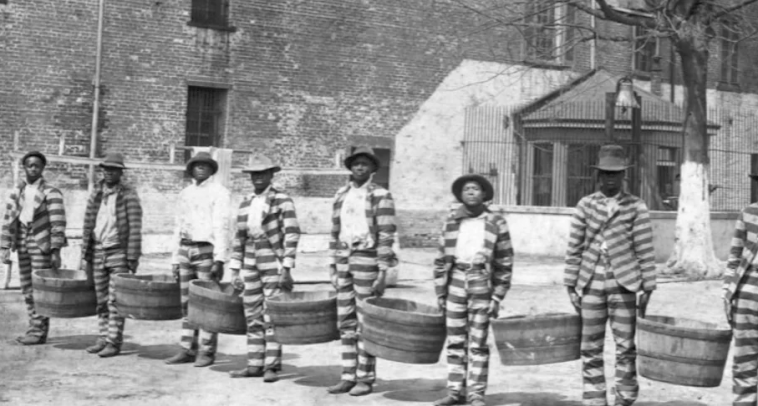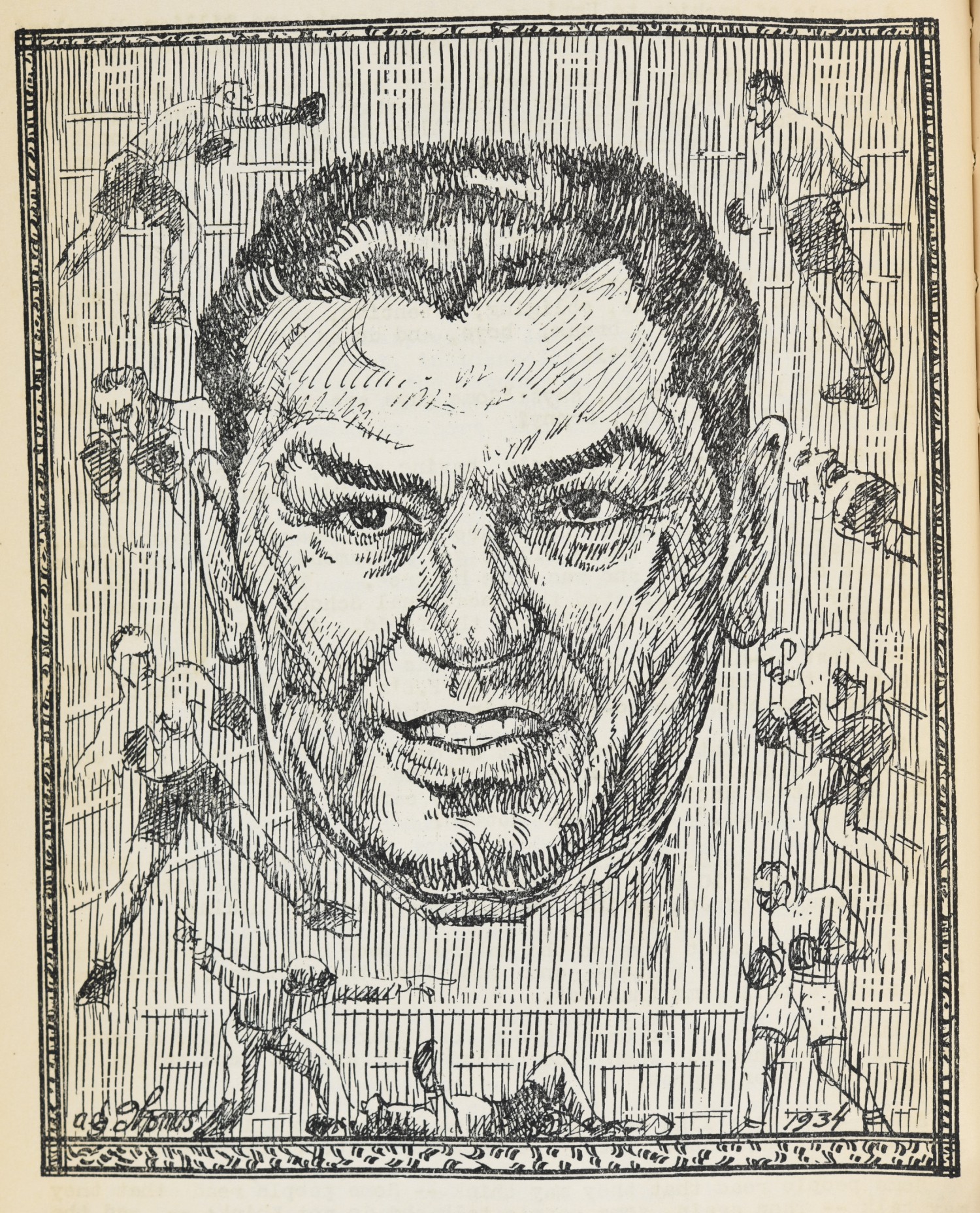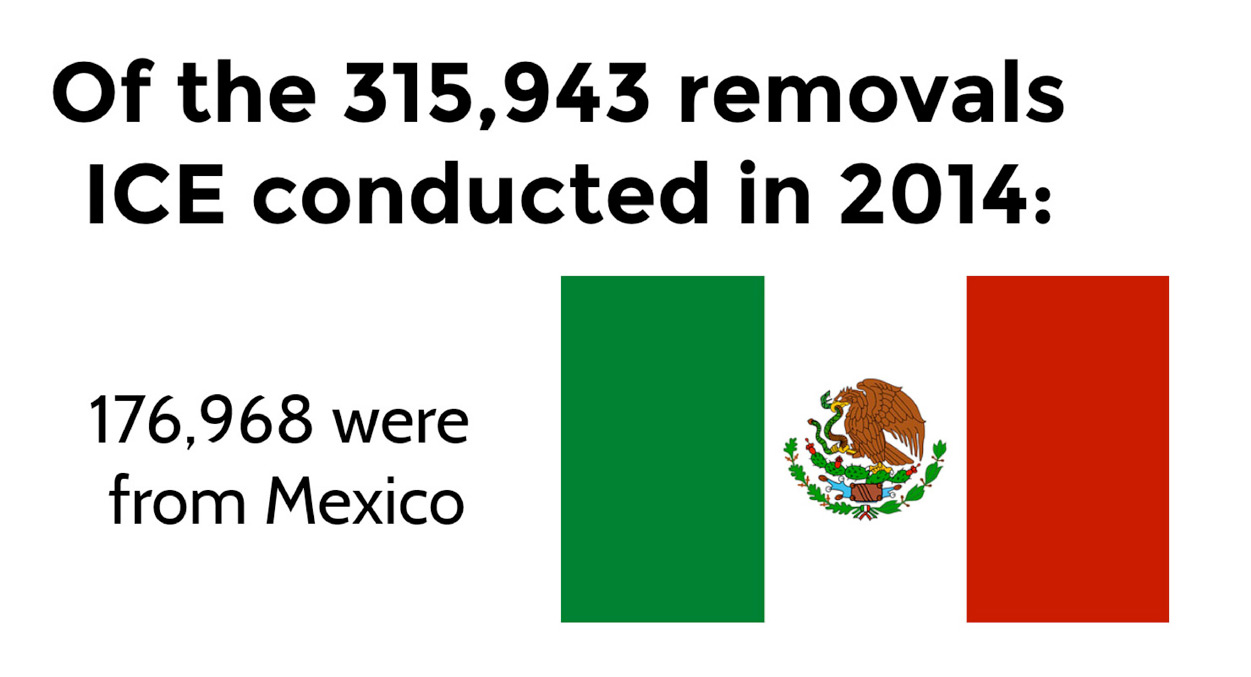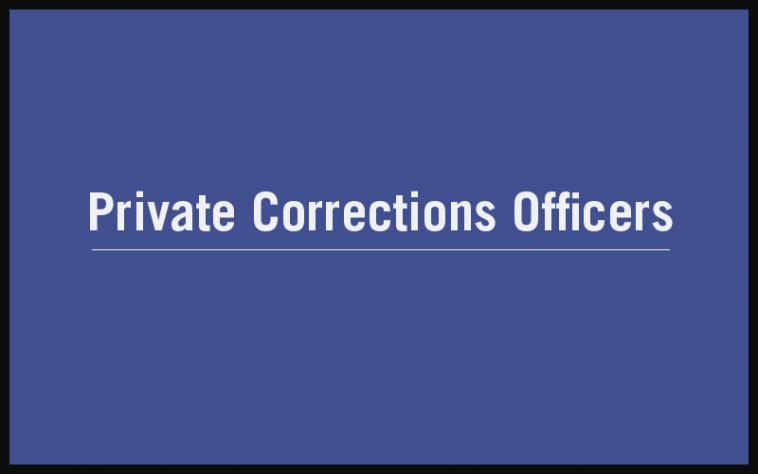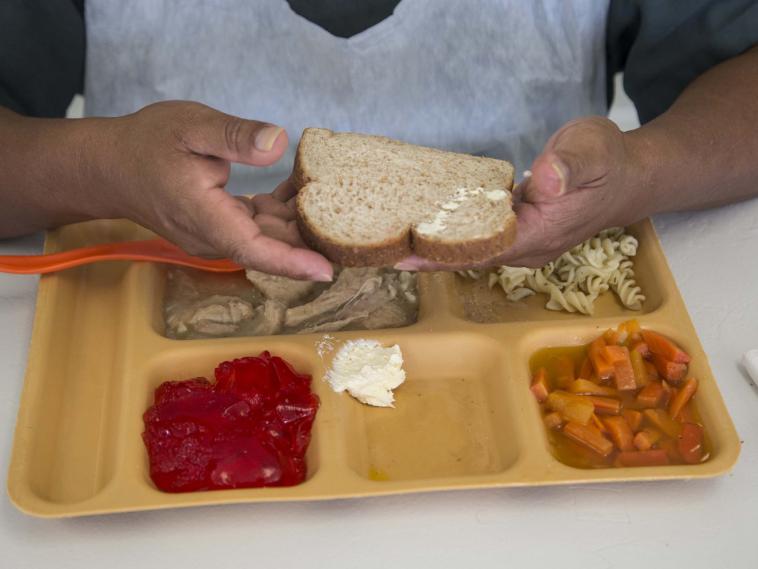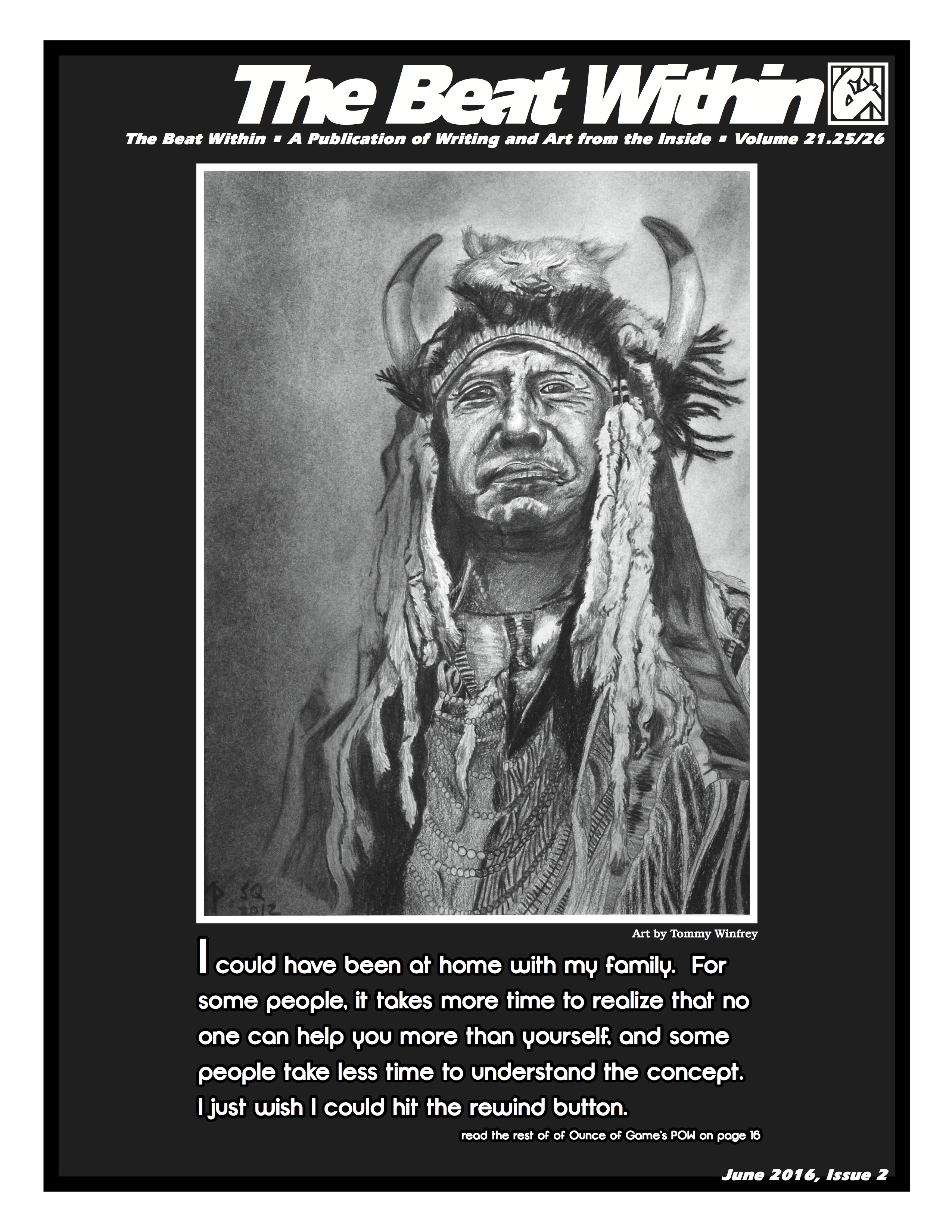Who Works for Prisons? Who Do Prisons Work for?
In 1865, the 13th Amendment outlawed slavery “except as a punishment for crime.” Prisons proliferated in the South, and the mostly black men incarcerated there supplied states with free labor. Since 1979, at least 37 states passed laws allowing private companies — including Dell, McDonald’s, and Victoria’s Secret — to contract inmate labor. Incarcerated workers cannot organize, and the median earning is 20 – 31 cents / hour. Proponents argue that prisoners receive rehabilitation and job training. But upon release, most are barred from employment in the companies they served in prison.
Incarceration creates jobs for free workers: in 2012, the correctional system employed 2.1 million people, including law enforcement, guards, medical staff, and janitors. Others work in support industries, such as companies providing telephone cards, medical transport, and other products and services. As of 2014, private corporations run 8% of the nation’s prisons and 62% of its immigrant detention centers. Corporations are paid per person incarcerated; their contracts require state law enforcement to keep private prisons at least 90% full.

